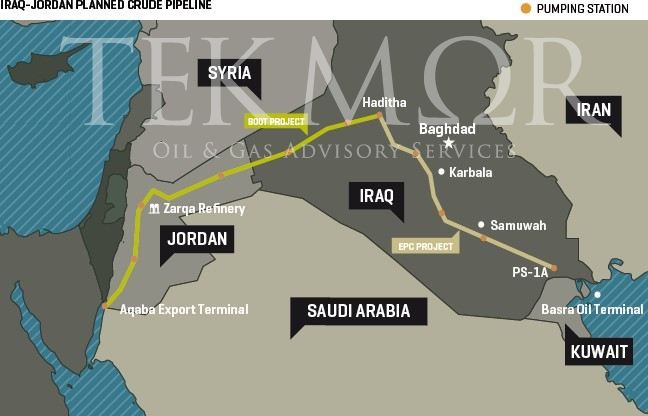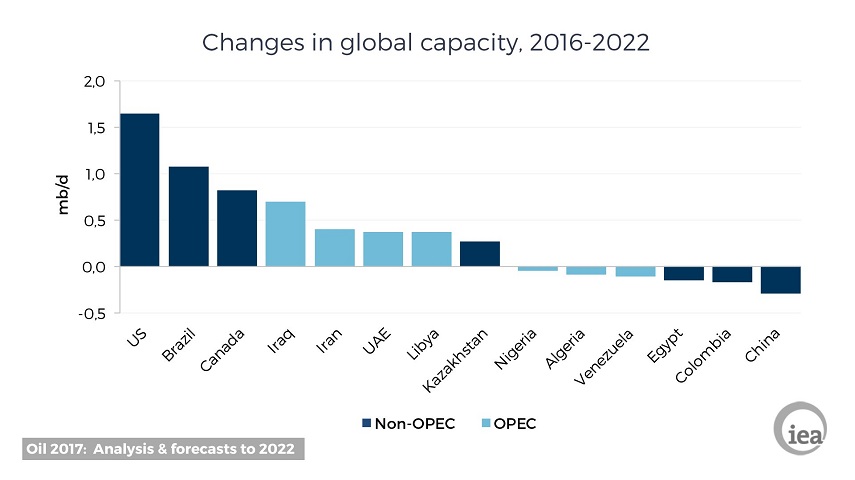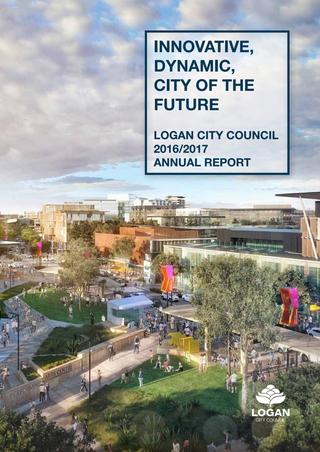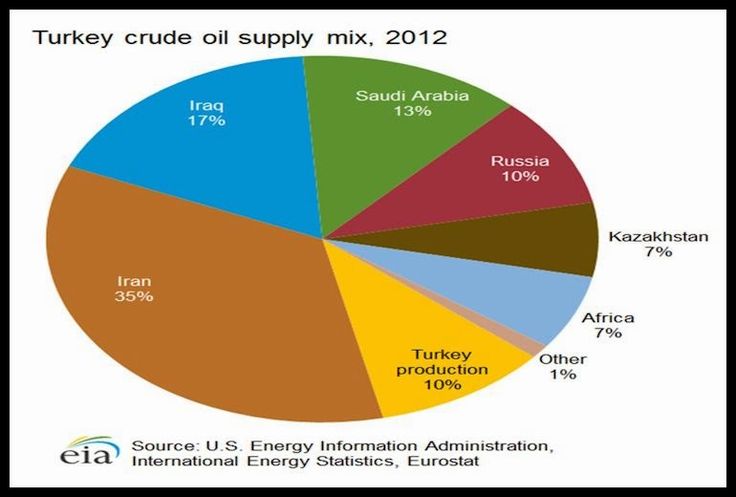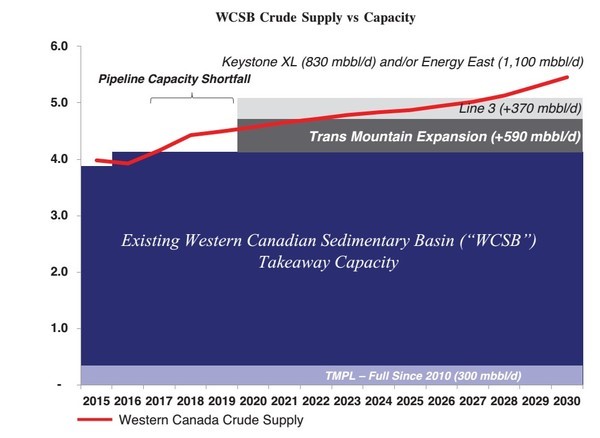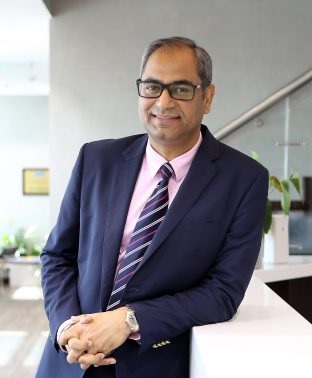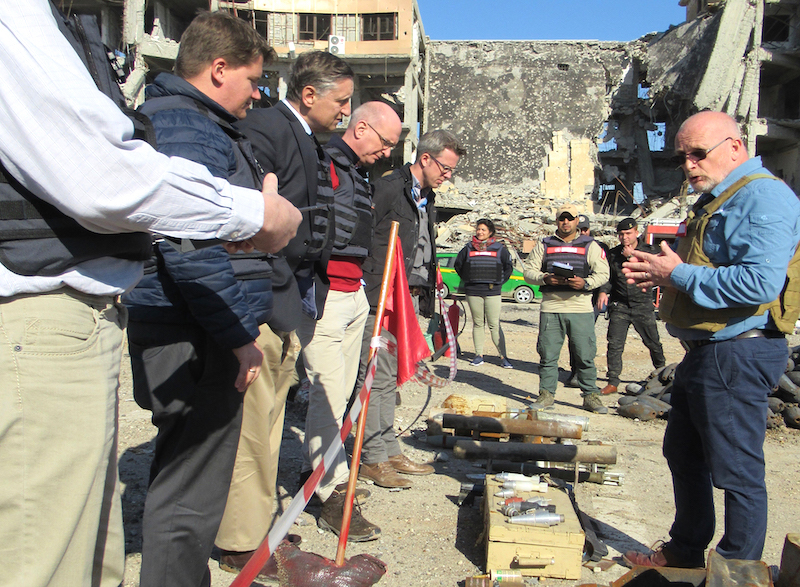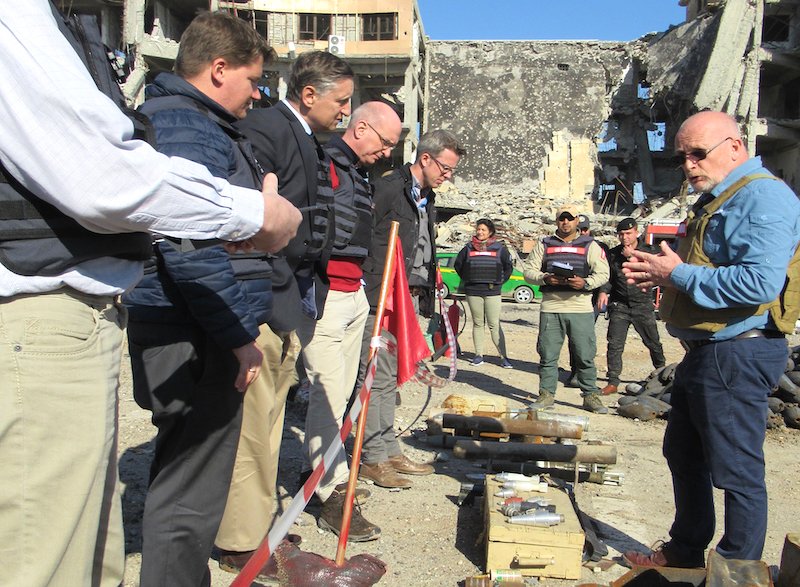In the lead-up to the Kuwait International Conference for Reconstruction of Iraq, the World Health Organization (WHO) calls on the international community to further invest in Iraq’s devastated health sector.
In Anbar, Ninewa, Salah Al Din, and Kirkuk, 14 hospitals and more than 170 health facilities were damaged or destroyed in the three-year conflict. Water and power systems that health facilities depend on to function also need urgent repair.
Beyond physical damage, the crisis caused unimaginable mental distress for millions of people, left tens of thousands of Iraqis with severe physical injuries, disrupted the routine vaccination of millions of children, decreased reproductive health services to girls and women of child-bearing age, halted the supply of essential medicines and medical equipment, and interrupted the medical education for hundreds of thousands of aspiring medical workers.
“More than 2.4 million Iraqis are still displaced and need direct health care, and more than 3.3 million Iraqis who have returned home have gone back to areas where the health system needs to be almost entirely rebuilt,” said Altaf Musani, WHO Representative in Iraq. “Across the country, millions of Iraqis are in the process of rebuilding their shattered lives and WHO is keen on supporting the governmental health authorities to provide them with appropriate and dignified health care services.”
WHO has worked with health partners to support the Government of Iraq in providing emergency health services and strengthening the health care system to ensure vulnerable persons have access to quality health care. In 2017, partners including various departments of health provided over 6 million medical consultations across Iraq.
This was made possible by establishing and supporting at least 29 static health clinics in displacement camps and outreach through more than 64 mobile medical clinics. Notably, life-saving emergency health services were provided to more than 24,000 people through five field hospitals close to the front-lines in Mosul, Hawija and Al-Qaim.
To protect current humanitarian gains as well as reduce vulnerabilities, further investments in health are urgently needed. Support to rebuild health systems, provision of life saving medicines and upgrading medical technologies will ensure a responsive health care system.
WHO and health partners are appealing for firm commitments to Iraq’s health care system which will enable peaceful, dignified and safe returns as well as revitalization of new accessible areas.
(Source: UNAMI)


